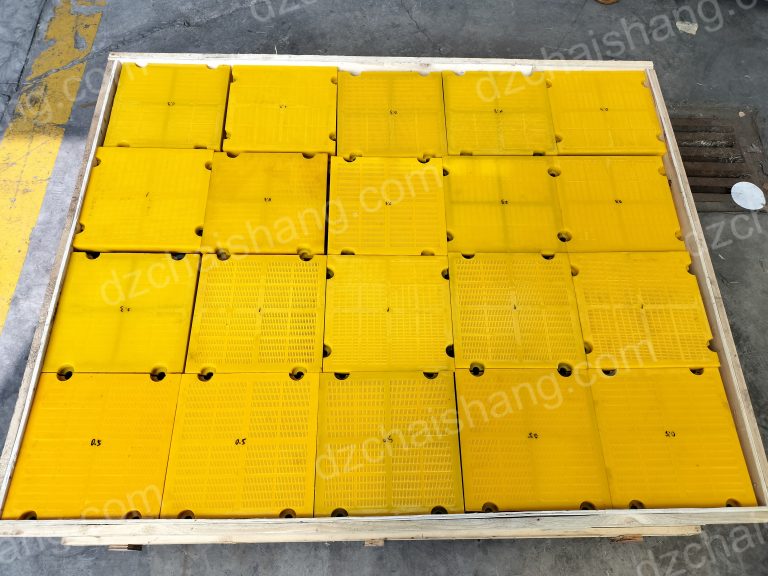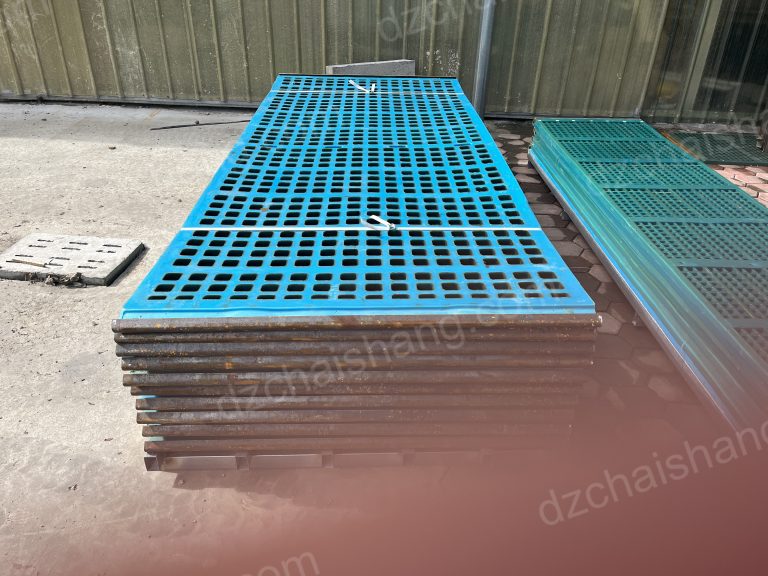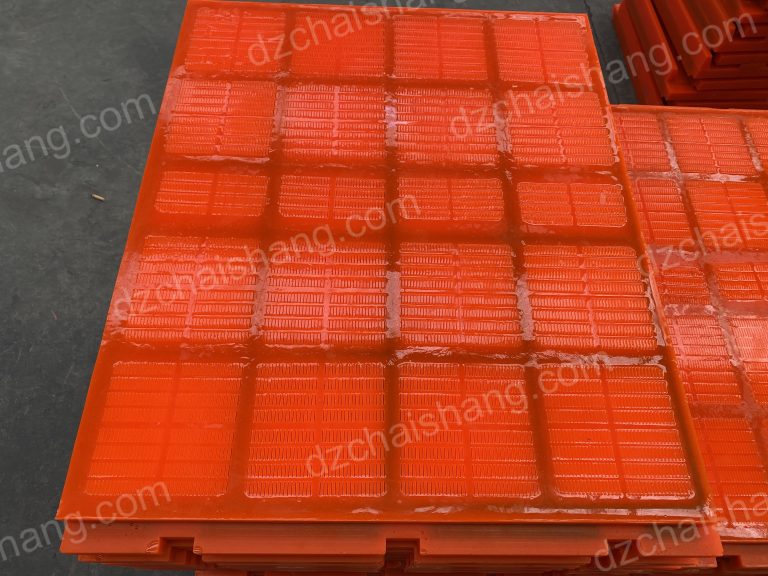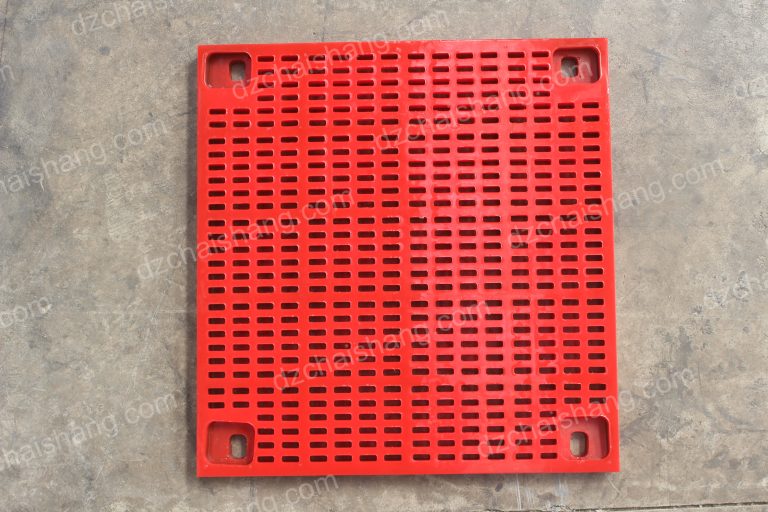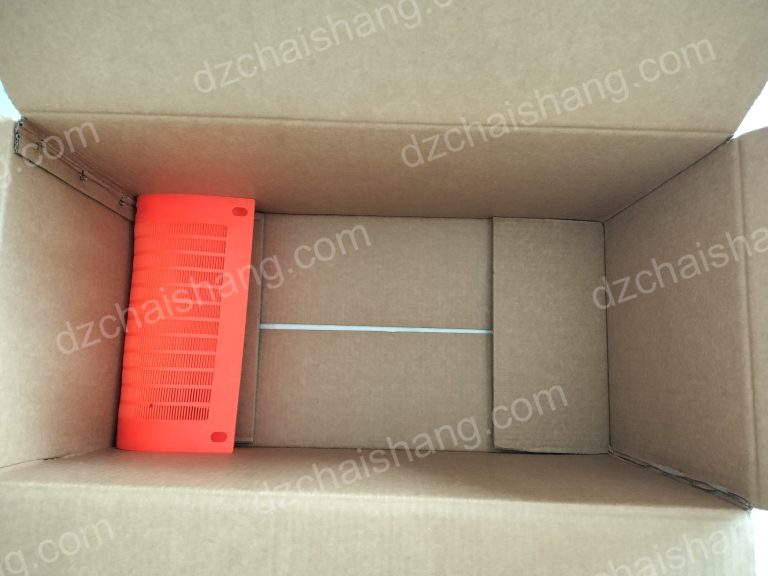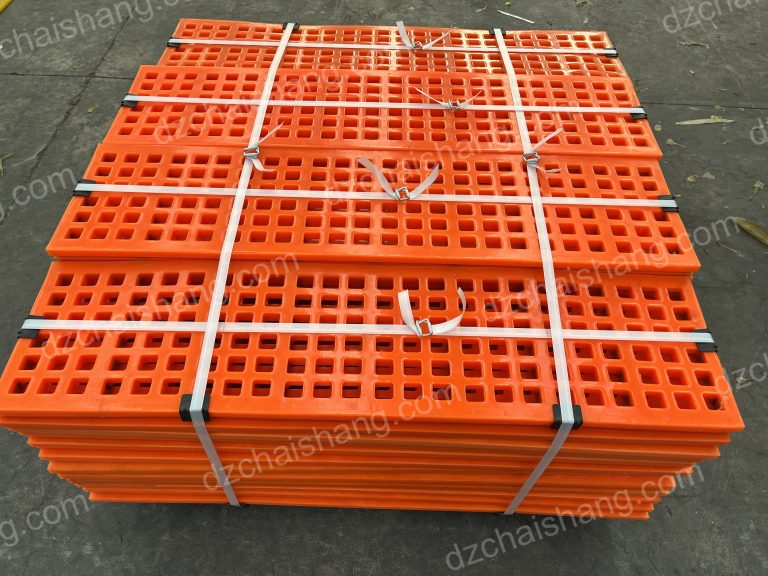Understanding the Different Types of polyurethane screens: A Guide to Choosing the Right screen for Your Needs
Polyurethane screens are an essential component of many industrial processes, from mining and quarrying to food processing and chemical manufacturing. As such, it is important to understand the different types of polyurethane screens available and how to choose the right one for your needs.

The most common type of polyurethane screen is the Woven wire mesh. This type of screen is made from a combination of metal wires that are woven together in a specific pattern. The mesh size of the screen determines the size of the particles that can pass through it. Woven wire mesh screens are available in a variety of sizes and materials, including stainless steel, galvanized steel, and aluminum.
Another type of polyurethane screen is the Perforated Plate. This type of screen is made from a single sheet of metal that has been punched with a series of holes. The size of the holes determines the size of the particles that can pass through the screen. Perforated plate screens are available in a variety of materials, including stainless steel, galvanized steel, and aluminum.
Finally, there are also polyurethane screens that are made from a combination of woven wire mesh and perforated plate. These screens are often referred to as hybrid screens and are designed to provide the best of both worlds. Hybrid screens are available in a variety of sizes and materials, including stainless steel, galvanized steel, and aluminum.

When choosing a polyurethane screen, it is important to consider the size of the particles that need to be filtered, the type of material that the screen is made from, and the application that the screen will be used for. By understanding the different types of polyurethane screens available and how to choose the right one for your needs, you can ensure that you get the most out of your industrial process.

